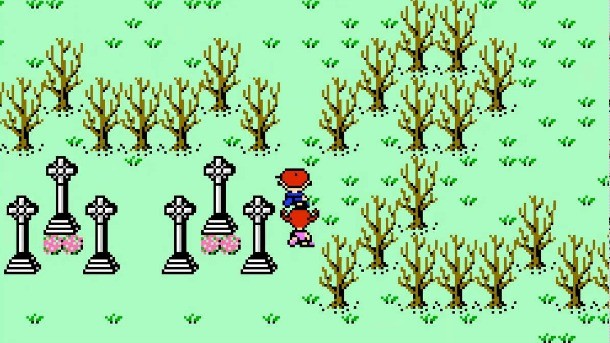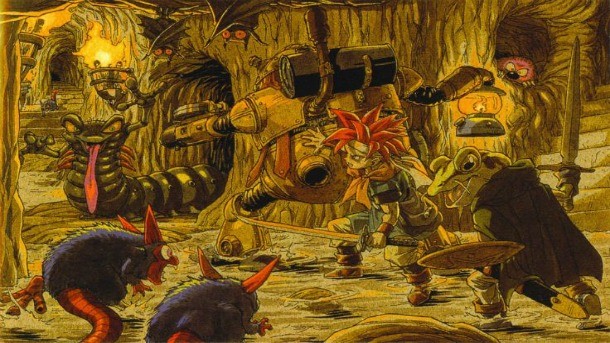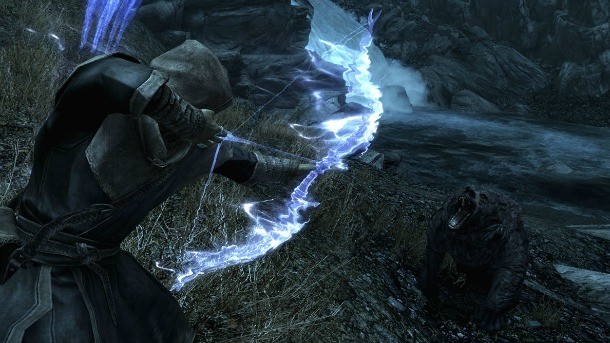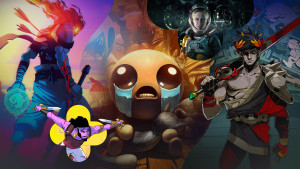Please support Game Informer. Print magazine subscriptions are less than $2 per issue
Get Lost – Why Losing Your Way Can Make Games More Fun

It’s really easy to get lost in Mother. The NES predecessor to Earthbound is set in a large, strangely plotted map that serves to disorient and engage the player at the same time. And I don’t mind that one bit.
I haven’t made too much progress in the game since I picked it up a few weeks ago, mostly because of its lack of direction. (I’m stuck at Queen Mary’s castle with no idea where to go – and what’s with that bard in the woods, anyway?) Sure, I could Google where to go next, but I don’t want to. It’s easily shrugged off as a weakness of the game – and it might be, especially given the game’s age – but I find getting lost an important part of the experience in Mother, as well as in a lot of other games. Far Cry, Shadow of Mordor, and other free-roaming games rely on the environment to distract the player and add longevity to the game, but there's another facet that those games don't touch: character.
I think that being completely lost in games like Mother, Chrono Trigger, Dark Souls, and Skyrim is actually beneficial to the overall experience. Not only does it give the player a chance to see the larger scope of the game, but it often fits with the character. Ninten, Mother’s protagonist, is just a boy flung into a strange series of events far beyond his control. Losing your way in the game is, in Mother’s case, an extension of the main character’s disorientation and confusion. In Dark Souls, the protagonist’s history, narrative, and motives are unclear; players are given only pieces of the story and hints at how to progress through it. One of the ways players find their identity in these characters is by getting lost in their games.

That feeling of being lost and not minding – even being gleefully expectant of what might come next – is like one of those serendipitous feelings that has a name in some foreign language, but can’t be translated into English. I’m not even an RPG guy – I can count on one hand the number of RPGs I’ve played start to finish – but this effect seems to transcend individual genres. It can happen in almost any game, but it often requires a tight intersection of character, setting, and story to achieve.
Getting lost adds wonderment to some games, but it can be endlessly frustrating in others. In a linear game, it inherently strips the player of their authority in many ways. For example, games that cast the player as a predator – like super soldiers and spies – work in exactly the opposite way. Wouldn’t it be weird if Aiden Pearce, master of cyber subterfuge, couldn’t find his way around Watch Dogs’ Chicago? What if Grand Theft Auto V’s street-savvy Franklin didn’t know Los Santos like the back of his hand (or paw, as the case may be)? Those games would be a lot less fun if getting lost were built into them. In fact, it takes a lot of effort to get lost in them – just like it should.

Still some games manage a blend of the two: Skyrim casts the player into a huge, open world with seemingly infinite possibilities. It can be overwhelming, not being completely sure where to go next in a game like Skyrim, but the flow of the game allows for appropriate degrees of exploration based on skill level and the player’s familiarity with the game. Steadily, the game equips you with more and more capabilities until you don’t bat an eye when stumbling upon a guarded Orsimer fortress. By the time you’ve fulfilled your purpose as the Dragonborn, you’re a master of your surroundings. You scoff at waypoints and maps are a joke.
The Zelda series is the strongest example, due to its generation-spanning series. The pre-Ocarina of Time Zelda games, specifically the NES original, give the player almost no cues as to what should come next in the game. They rely on the player’s intuition and observational abilities to connect the dots and make progress. The gameplay is given context through story, which is what motivates the player to explore and get lost in the game. Post-polygonal revolution, the Zelda series has lessened the emphasis on (but not completely abandoned) that method. It can still be easy to get stuck in Wind Waker, Twilight Princess, or Skyward Sword, but these games more deftly weave a general sense of direction into their overall experience.
I can’t think of another medium in which you can get lost in the way you can in video games. It opens up a space of possibility that lets the player dictate their own experience. It’s the opposite of hand-holding, and it can be plain serendipity. So next time you’re playing a big game that lets you break from the path, I’ve got only one piece of advice for you: get lost.










